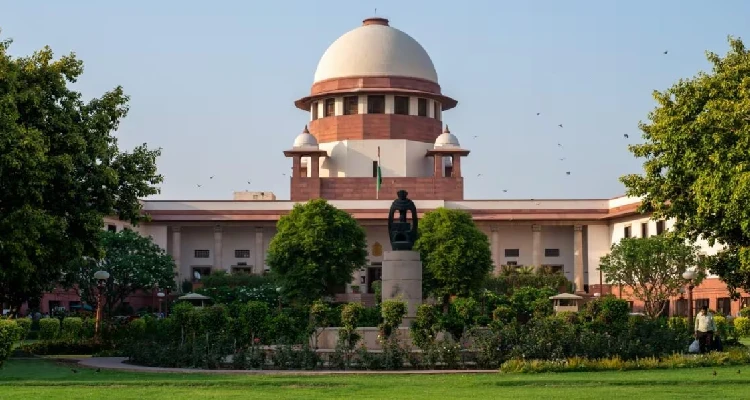
Supreme Court’s Observation
In a recent batch of land acquisition cases, the Supreme Court observed that a subsequent change in law cannot justify the condonation of delay in filing appeals. The bench of Justices Surya Kant, Dipankar Datta, and Ujjal Bhuyan emphasized that accepting such grounds would open a Pandora’s Box, undermining the finality of judicial proceedings. They noted, “If subsequent change of law is allowed as a valid ground for condonation of delay, it would open a Pandora’s Box… There would be no finality to the proceedings.”
Case Background
The case involved the Delhi government’s land acquisition process under the Land Acquisition Act, 1894, for the planned development of Delhi. From 1957 to 2006, various notifications were issued to acquire lands, with compensation amounts fixed. In some instances, compensation was deposited in the treasury due to the landowners not coming forward, while in others, possession could not be taken due to legal challenges by landowners. The Land Acquisition Act, 1894, was later replaced by the 2013 Act, which introduced reforms, including Section 24, deeming certain acquisition proceedings as lapsed.
Supreme Court’s Ruling
The Supreme Court scrutinized the maintainability of petitions filed after the expiration of the limitation period, particularly considering the appellants’ argument of “subsequent change in law” due to later judgments. The court rejected this ground, stating, “The appellants let the limitation period lapse… When the law was subsequently re-interpreted… the appellants approached this Court… This does not square with our understanding of the law.” The court clarified that a subsequent change in law cannot be a “sufficient cause” under Section 5 of the Limitation Act and upheld the principle of finality in legal proceedings. However, the court allowed condonation of delay on other grounds, such as “public interest,” permitting most appeals accordingly.
Read More: Supreme Court, Delhi High Court, States High Court, Other Courts, International




